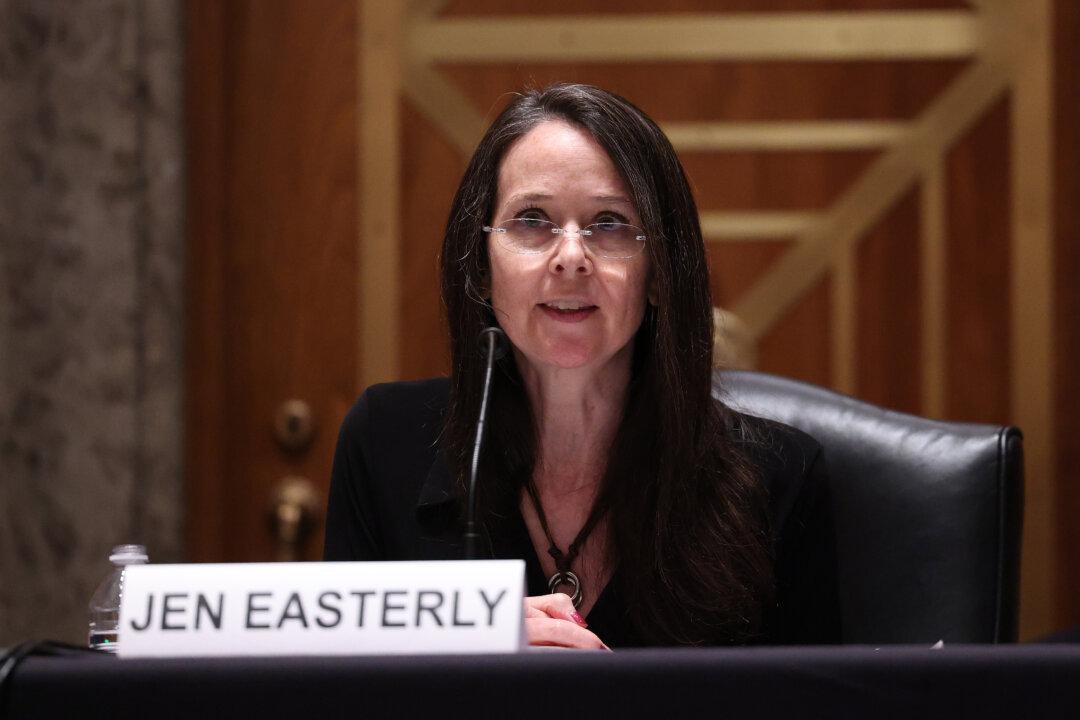A federal government agency set up to protect cybersecurity and critical infrastructure tried to cover up its domestic censorship practices, according to an interim report released by the House Committee on the Judiciary and the Select Subcommittee on the Weaponization of the Federal Government.
The report released on Monday sheds light on the concerning nexus among the Cybersecurity and Infrastructure Security Agency (CISA), Big Tech companies, and government-funded third parties. CISA is a little-known agency within the Department of Homeland Security (DHS).





